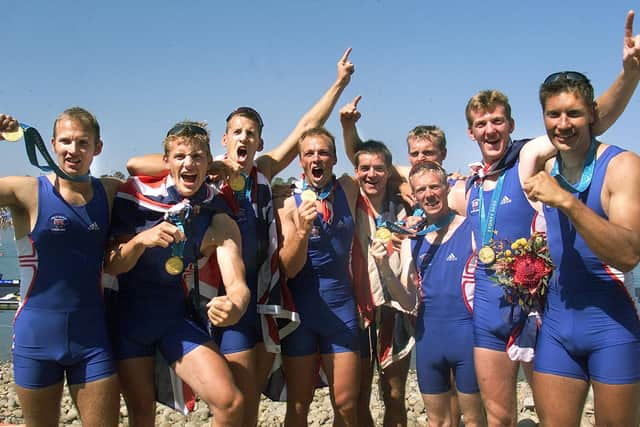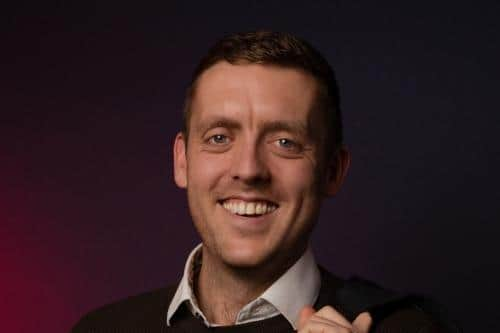What businesses can learn from methodical Olympic rowers: Julian Pearce
The snobbery encountered from the rowing establishment of the sport’s heartlands was more amusement than bother.
But what that sport did, better than any other I’ve competed in, was show the difference working as a team can make and the power of working towards a goal.
Advertisement
Hide AdAdvertisement
Hide AdIt has been almost ten years now since I last held an oar in anger, but one thought has stayed with me – something I aim to apply to my life and work. Ask yourself the question: will it make the boat go faster?


I’m not usually a big fan of business books. I can take or leave the often dubious analogies and metaphors, passing them off as ‘well that’s just common sense’. But in about 2010, I went to a talk at York St. Peter’s school, from Olympic rower and business coach Ben Hunt-Davis.
During a mesmerising half hour, he told the story of the 2000 Sydney Olympics, and the plight of his Great Britain crew, rowing in the eight. At the time, the focus in the men’s squad was all on Redgrave, Pinsent et-al in the four. All the British eggs in one basket. The eight, on the other hand, were the best of the rest. Still amazing athletes, but firmly stuck outside of the limelight.
Some months out from Sydney, the crew and their coach were pulled together under one philosophy: will it make the boat go faster? Would getting up at 6am for a run make the boat go faster? Well, probably, yes, so they did it. Would going for a couple of halves after training make the boat go faster? Well, probably not, so they didn’t.
Advertisement
Hide AdAdvertisement
Hide AdThis was one of the first times a British Olympic outfit had approached a goal so methodically. And without spoiling the end of Hunt-Davis’ excellent book for you, you might be able to guess the outcome on the morning of the Olympic final.


There are many examples of where businesses can learn from sport – and vice versa. The British Cycling ‘aggregation of marginal gains’ works on very similar principles. Make those small changes that can add up to the defining difference.
Whilst some of these themes have become clichés in their own right, I often find myself going back to the central ethos of goal-orientated action, both in life and work. Will doing X rather than Y help me to secure the contract that I’ve been trying to get over the line? Will attending an event help with my wider business goals?
In order of this to work effectively, goals don’t have to be black and white, either. Will the action I’m about to take help me live a more peaceful or fulfilled retirement? Will worrying about something that is beyond my control contribute positively to my future?
Advertisement
Hide AdAdvertisement
Hide AdIt helps to question yourself. As businesses we talk a lot about having a plan, which of course is vital. But we also need to be agile – and increasingly so in a modern business setting. Approaching problems with the ability to self-question – indeed even self-doubt – has been a massive enabler for me.
What Hunt-Davis’ book isn’t, is a route to continuous improvement. The laws of physics (as in business) mean that boats have a finite speed. Increasing exponentially isn’t an option. The Olympic eight’s goal was to be the fastest boat, in the fastest race of the 2000 Olympics on that particular day.
If you set your sights on the goal you’ve been chasing, you can make better, more informed decisions, about the steps that will get you there.
Julian Pearce is head of the Leeds office for communications agency Social